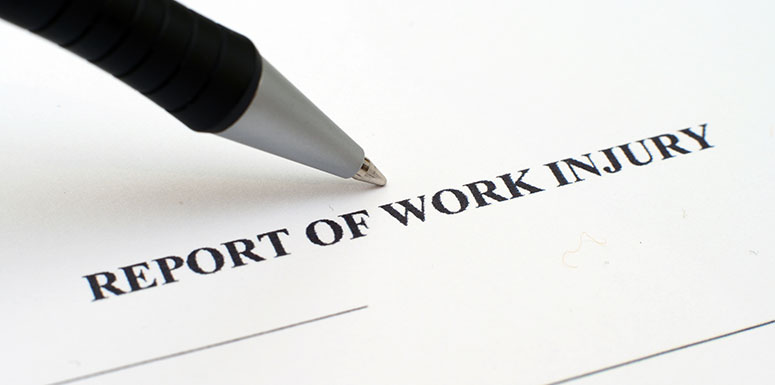
Are All Workplace Injuries Covered by Workers Compensation?
Understanding Injury Coverage Under Workers Compensation in Virginia
As a worker in Lynchburg, Virginia, it is crucial to know your rights when it comes to workplace injuries and workers’ compensation. While most workplace injuries are covered by workers’ compensation, not all injuries may qualify for benefits under Virginia law.
What is Workers Compensation?
Workers’ compensation is a system that provides benefits to employees who suffer work-related injuries or illnesses. It is designed to provide medical treatment, wage replacement, and other benefits to employees who are injured on the job. In Virginia, workers’ compensation is governed by the Virginia Workers’ Compensation Act, which outlines the rights and responsibilities of both employees and employers in the event of a workplace injury.
Are All Workplace Injuries Covered?
While workers’ compensation is intended to cover most work-related injuries, there are certain limitations and exceptions to coverage. In Virginia, to be eligible for workers’ compensation benefits, an injury must meet the following criteria:
1. The Injury Must Have Occurred in the Course of Employment: This means that the injury must have happened while the employee was on the job or performing work-related duties. Injuries that occur outside of work or during non-work-related activities are generally not covered.
2. The Injury Must Arise out of Employment: In addition to occurring during the course of employment, the injury must also be directly related to the employee’s job duties. For example, if an employee is injured while lifting heavy equipment as part of their job, that injury would likely be covered by workers’ compensation.
3. The Injury Must Be Reported Timely: In Virginia, employees are required to report a workplace injury to their employer within 30 days of the accident or as soon as reasonably possible. Failure to report the injury within this timeframe could result in a denial of workers’ compensation benefits.
4. The Injury Must Be Documented: It is essential to seek medical treatment for a work-related injury and to keep detailed records of all medical expenses and treatment plans. Providing documentation of the injury and medical treatment is crucial in establishing eligibility for workers’ compensation benefits.
Common Types of Workplace Injuries Covered by Workers Compensation in Virginia:
While workers’ compensation covers a wide range of work-related injuries, some common types of injuries that are typically covered include:
1. Accidental Injuries: These include slip and fall accidents, machinery accidents, lifting injuries, and other unexpected incidents that result in injury.
2. Repetitive Motion Injuries: Conditions such as carpal tunnel syndrome, tendonitis, and other repetitive motion injuries that develop over time due to the nature of the job are also covered.
3. Occupational Illnesses: Workers who develop illnesses due to exposure to harmful substances or conditions in the workplace, such as breathing difficulties from exposure to toxic fumes, may be eligible for workers’ compensation benefits.
Exceptions to Coverage
While workers’ compensation covers most work-related injuries, there are some exceptions to coverage. In Virginia, injuries that result from willful misconduct or intoxication on the part of the employee are generally not covered by workers’ compensation. Additionally, injuries that occur while the employee is not on the job or while engaged in non-work-related activities are typically not eligible for benefits.
Seek Legal Assistance
If you have been injured on the job in Lynchburg, Virginia, and are unsure if your injury is covered by workers’ compensation, it is essential to seek legal advice from an experienced workers’ compensation lawyer. A skilled attorney can help you navigate the complex workers’ compensation system, ensure that your rights are protected, and help you obtain the benefits you deserve under Virginia law.
Conclusion
While most workplace injuries are covered by workers’ compensation in Virginia, it is important to understand the criteria for eligibility and any exceptions to coverage. By following the reporting and documentation requirements and seeking legal assistance when needed, you can ensure that your rights are protected and that you receive the benefits you are entitled to in the event of a work-related injury.
Remember, if you have any questions or concerns about injury coverage under workers’ compensation in Virginia, do not hesitate to contact our experienced workers’ compensation lawyers in Lynchburg for a consultation.
